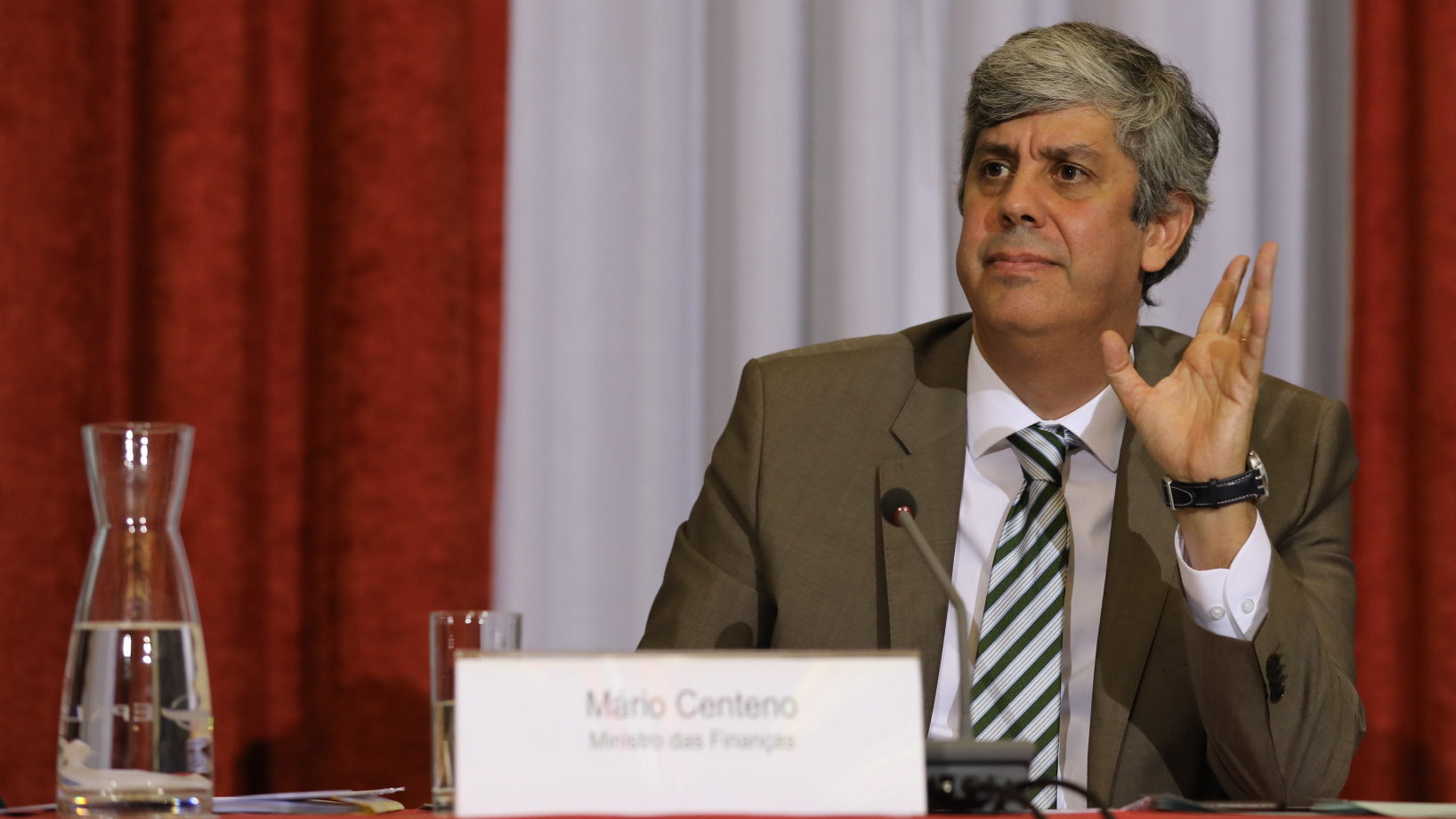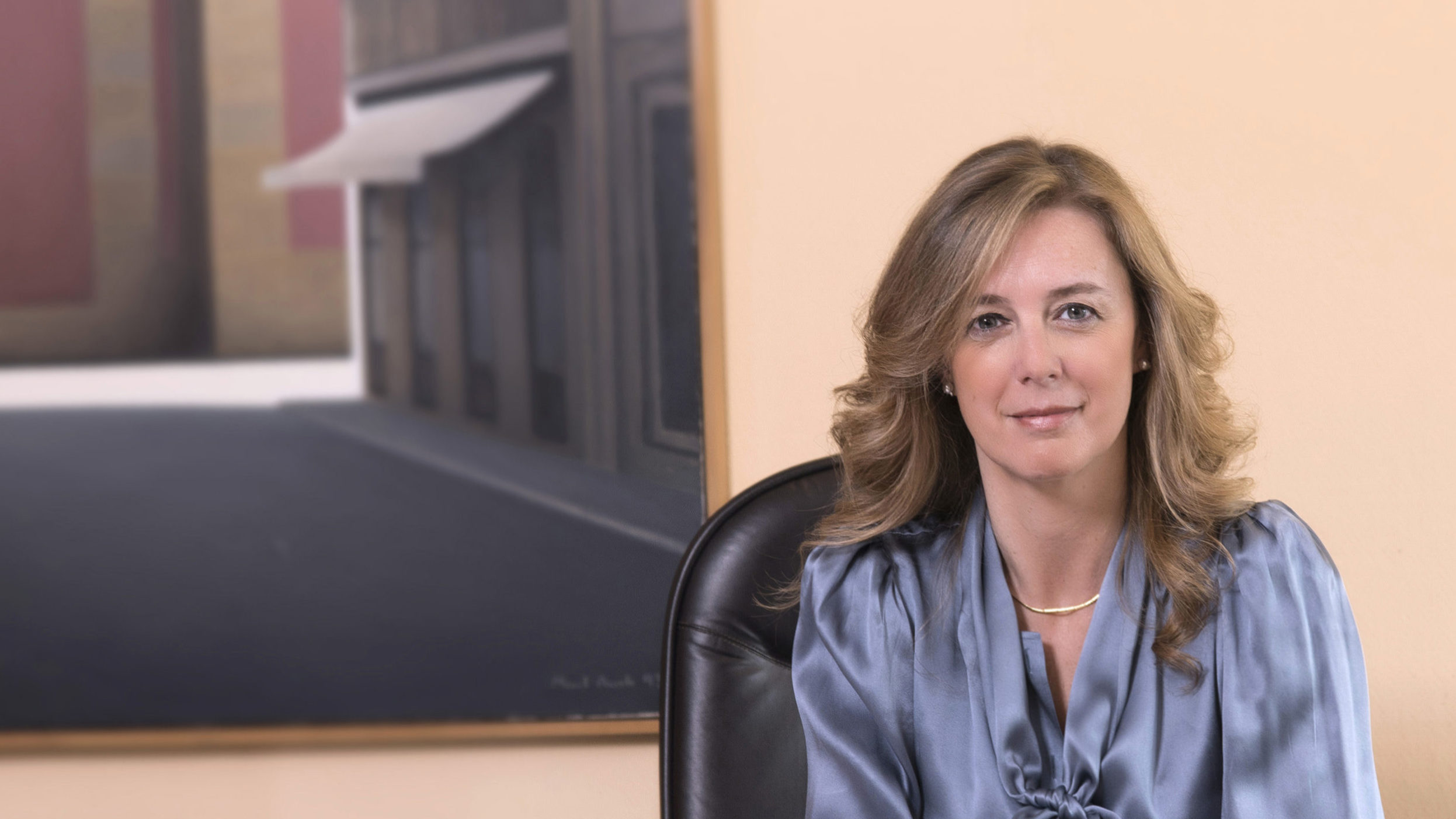A solution to handle non-performing loans? “Neither a bank, nor bad”, says António Costa
Interviewed by TVI, followed live by ECO, Costa said there should be a solution for non-performing loans by the end of the year, at no cost to taxpayers. He also mentions the surcharge and pensions.
The Portuguese prime minister António Costa was interviewed by television station TVI, in Lisbon, about the 2017 State Budget, an interview where the prime minister mentioned the future of Portuguese Banking. The interview was broadcasted last Thursday night, and ECO followed it live.
António Costa starts off the interview by saying the new government was able to recover the pensions cut by the previous government. According to the State Budget, the increase in pensions will cost 200 million euros, and Costa assures if he could, he would spend more, highlighting the importance of assuring the elders have a pension and that so will the young : “We owe our parents and grandparents as much as we owe our children”.
When inquired about the Personal Income Tax surcharge (IRS surcharge), António Costa assured it will disappear by the end of 2017, “to all taxpayers”. In the second part of the interview on TVI24, the cable channel owned by TVI, Costa explained that “for 68% of taxpayers, the surcharge has ended on the 1st of January 2016” – referring to the first bracket for the surcharge. The remaining 32% will progressively stop paying throughout 2017, the PM explains, adding the surcharge is gradually phased out in order to responsibly adjust the increase in revenue to expenditure. António Costa also stressed the fact this State Budget has presented “the fewest” tax changes, pointing out the only new taxes are the ones on soft drinks and property tax.
When asked if he decided to go ahead and create a bad bank, the prime minister was prompt to clarify: “I never mentioned a bad bank. What I did mention was the need to create a vehicle, better yet, a mechanism that allows for the situation to be effectively solved”. He adds: “With the exception of banks, both the European Commission and the IMF understand the need to have a mechanism”. Concerning Caixa Geral de Depósitos (CGD), the capitalization level allows for CGD, on its own, to manage their own assets. The PM says: “The problem is solved, concerning CGD, and I believe there are good signs of firm foreign investments in the capitalization of two major private banks” (BPI and BCP).
In a clear reference to the Portuguese bank BCP (Banco Comercial Português), António Costa states, concerning banking recapitalization: “There are now many capital enhancements’ offers. What is being discussed is how that capital enhancement protects and does not excessively dilute shareholders”.
The problem is solved, concerning CGD, and I believe there are good signs of firm foreign investments in the capitalization of two major private banks.
And lastly, but surely not least, António Costa is inquired about the solution for non-performing loan. The interviewer suggested calling it bad bank: “Please, do not call it something it will not be. It will be neither a bank, nor bad. It will be a positive mechanism for the economy. The issue goes beyond solving bank’s balance, it is more than that: it should solve companies’ balance”. He concluded the interview assuring that whichever mechanism banking implements, taxpayers will bear no costs.




